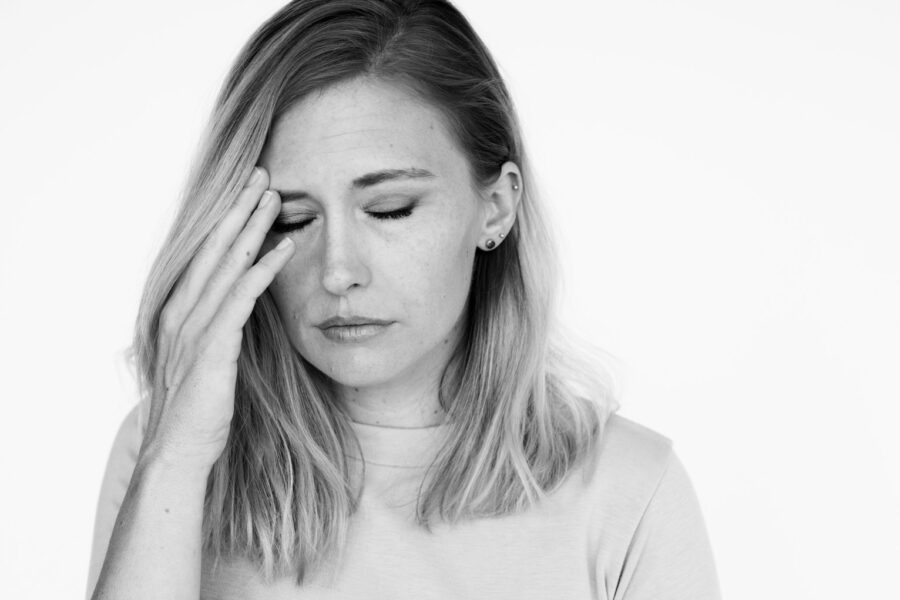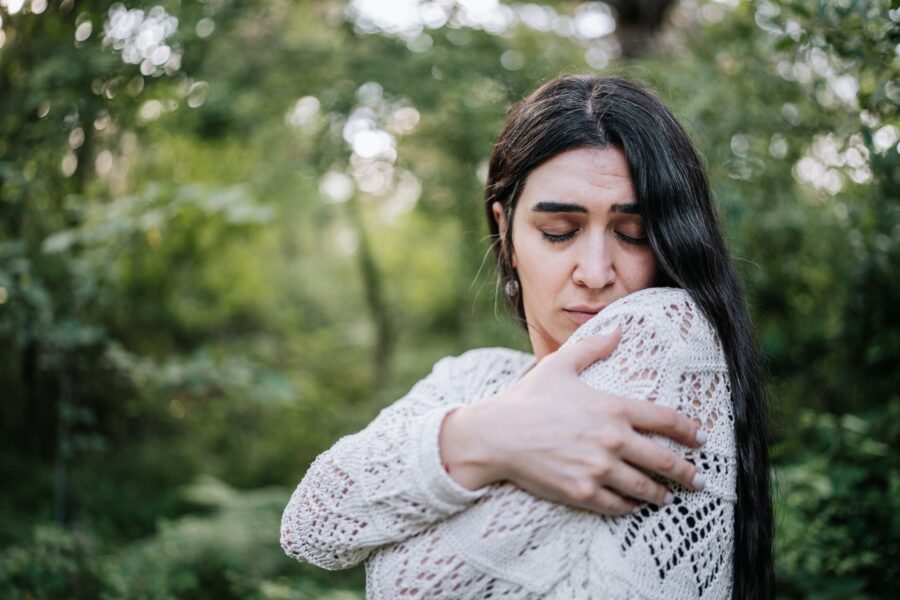You don’t need to be religious to live a meaningful life, but studies do keep showing that, on average, religious people report being happier.
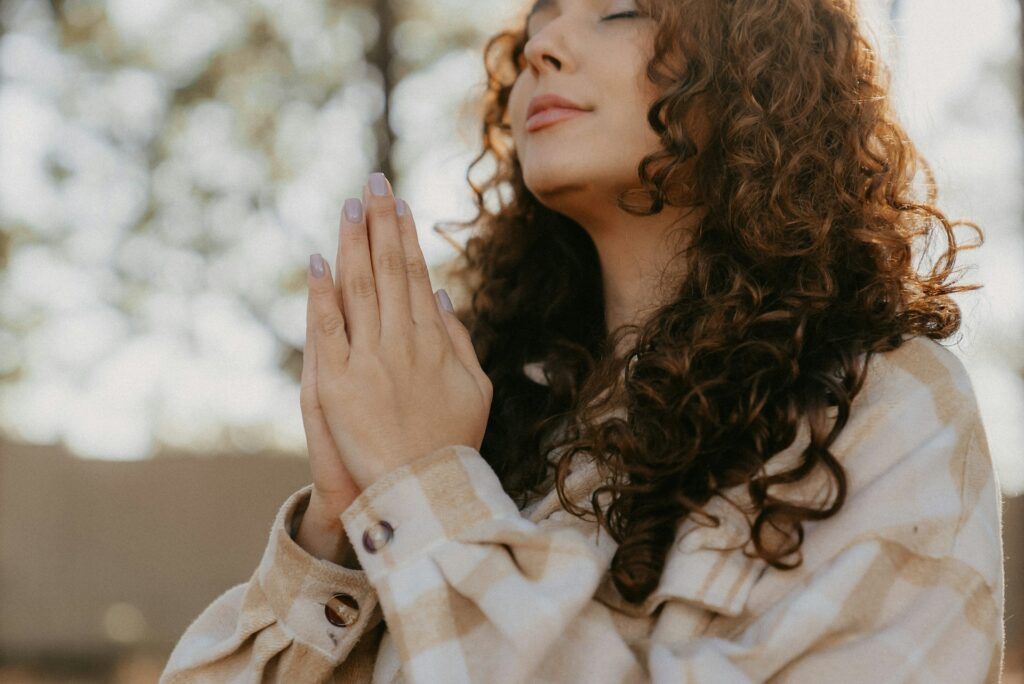
That’s not to say that there’s one right way to live, but there are some small things that come with faith that might boost overall wellness in ways people don’t always notice. Here are some of the reason those who have a close relationship with their faith and their higher power might just be a little better off in certain ways.
1. They usually have a built-in sense of community.
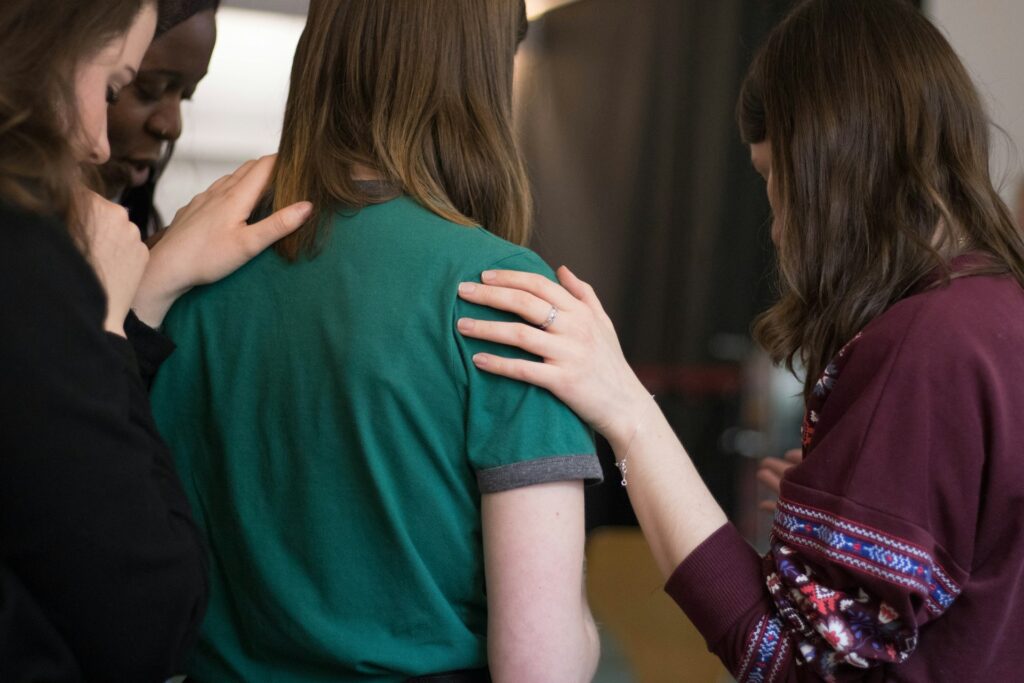
Whether it’s Sunday service, group prayer, or simply showing up at the same place every week, religious people often have consistent social contact baked into their lives. That sense of belonging can make a huge difference. Even casual connections—just chatting with someone at church or helping out with events—can make people feel less isolated. When you feel part of something, life doesn’t feel quite as heavy.
2. They have regular rituals that create structure.

Daily prayers, holidays, weekly worship—religion tends to bring rhythm to life. That structure can feel grounding, especially when everything else is unpredictable. Even small rituals offer a bit of consistency. You know where you’ll be on certain days, what matters most in your calendar, and what anchors your week. That steadiness can really help when life gets messy.
3. Faith gives people a framework to make sense of hard things.
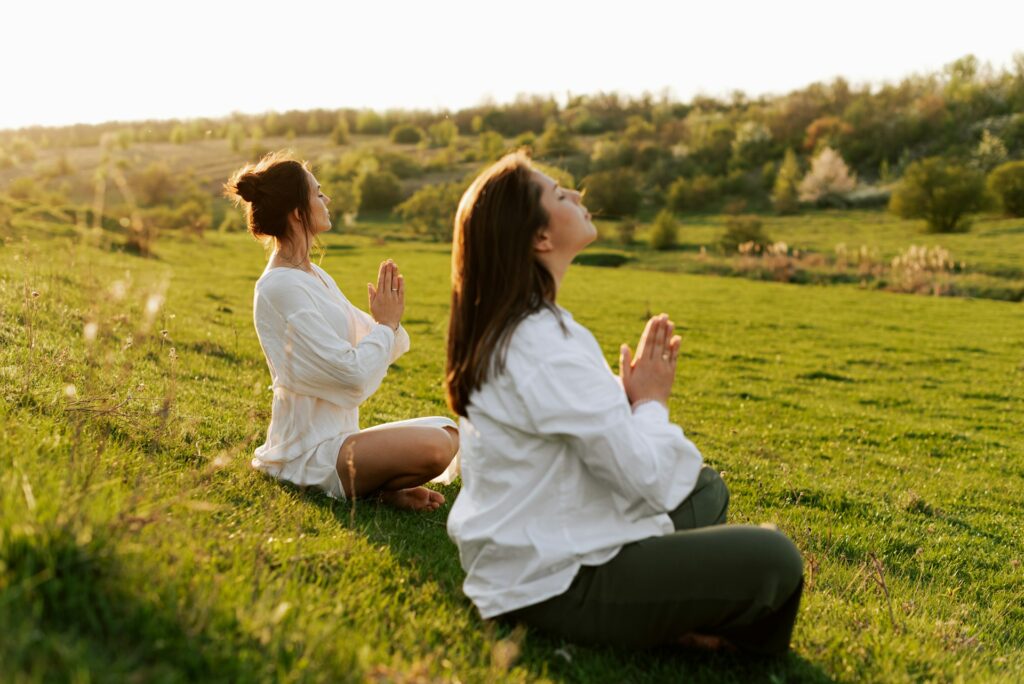
When bad things happen, having a belief system to fall back on can soften the blow. It doesn’t fix everything, but it offers language and perspective that can help people find meaning in the chaos. Whether it’s prayer, purpose, or just the idea that there’s something bigger going on, faith gives many people a way to hold pain without feeling totally lost in it.
4. There’s often a focus on gratitude.
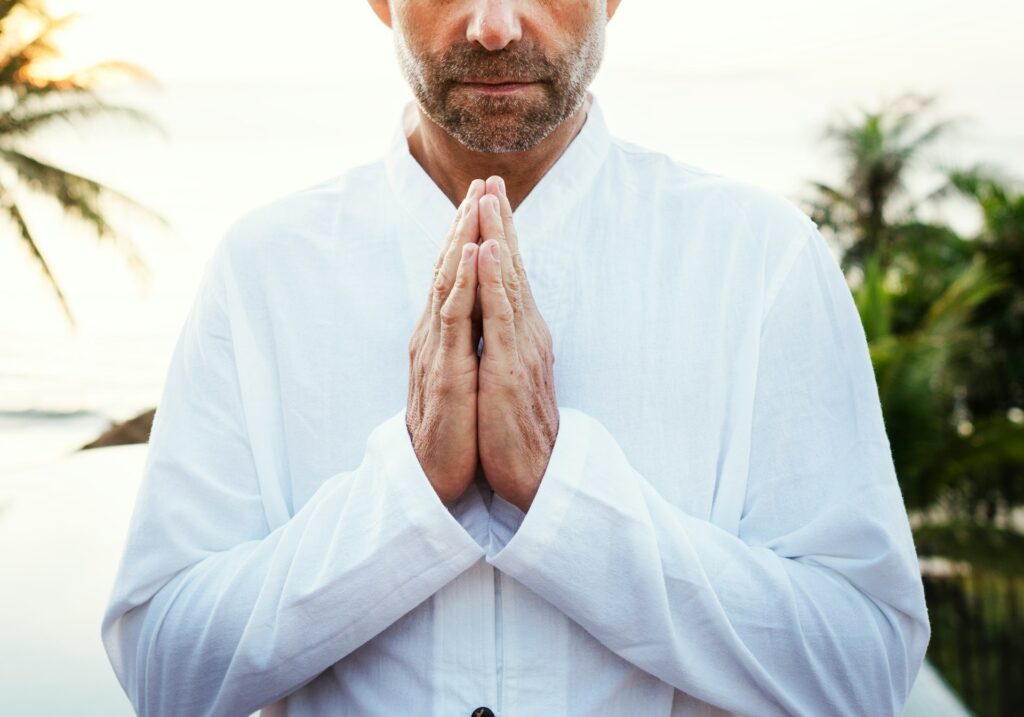
Religious practice usually includes some form of thankfulness, whether it’s giving thanks, counting blessings, or acknowledging what’s good. That doesn’t make people ignore their problems, but it helps flip the focus. When you’re in the habit of noticing what you’re grateful for, it’s easier to feel like your life has value, even on days when things aren’t perfect. That mindset can go a long way in building emotional resilience.
5. They tend to feel like life has purpose.
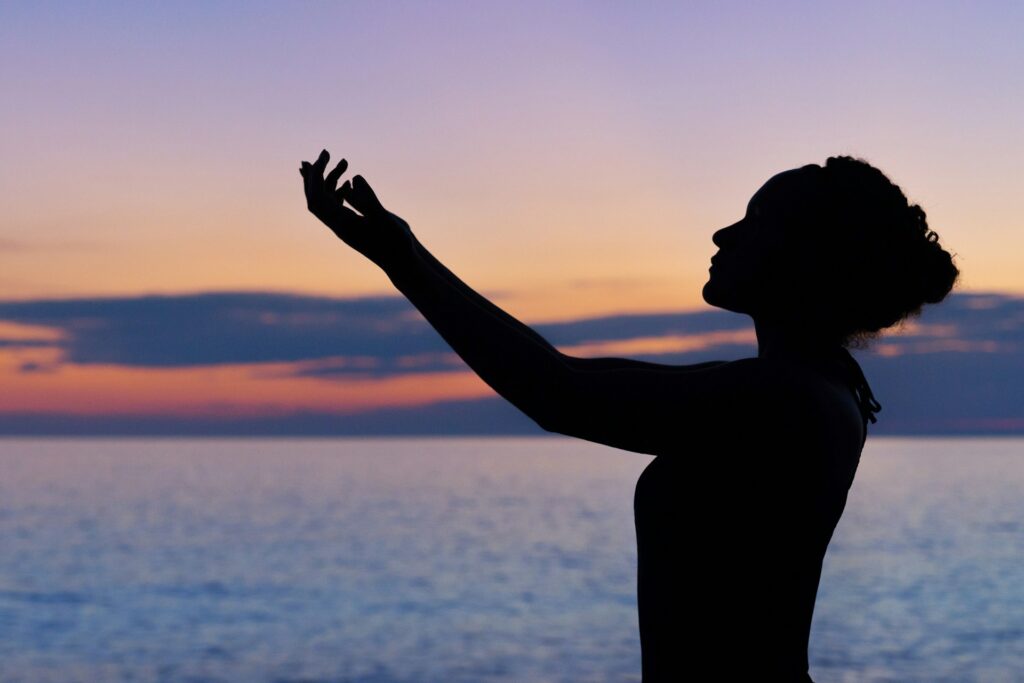
Faith often comes with a built-in sense that life isn’t random. There’s meaning to your experiences, direction to your journey, and a reason to keep going, even when you’re not sure what’s next. That kind of belief can give people a quiet sense of motivation. It’s not about always knowing the plan. It’s about trusting that the mess might still lead somewhere meaningful.
6. They usually have a regular way to reflect and reset.
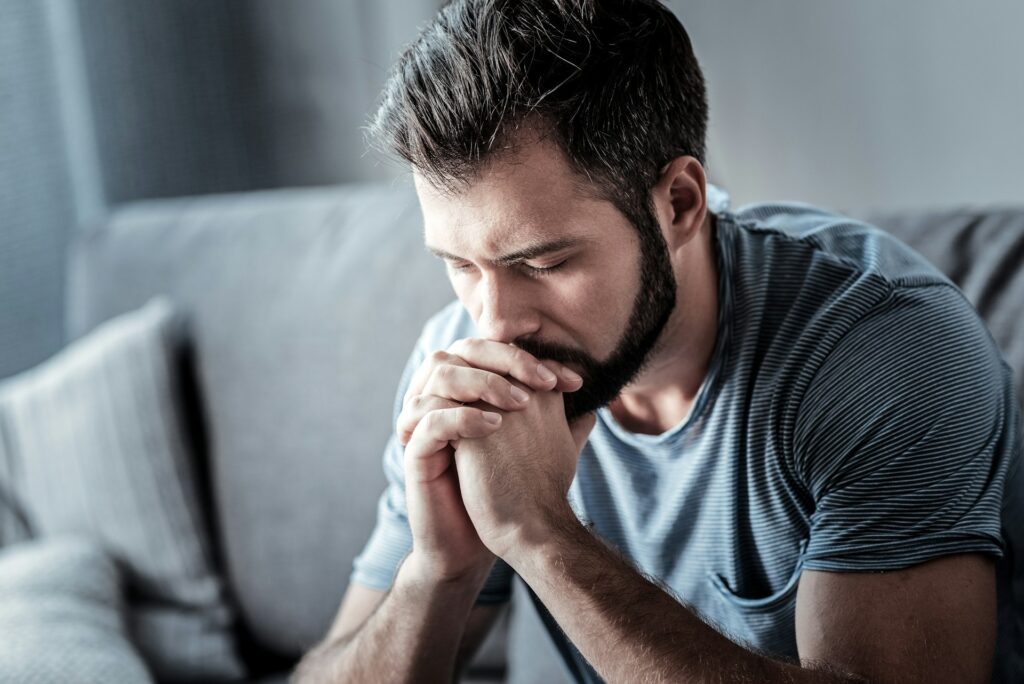
Prayer, confession, fasting, meditation—religion often encourages moments of self-checking. That regular pause helps people process what’s going on internally before it builds up. Even if someone’s not deeply religious, these moments can work like mental reset buttons. They slow things down and make space to think, which helps you move through life more consciously instead of reacting all the time.
7. There’s often a focus on forgiveness.
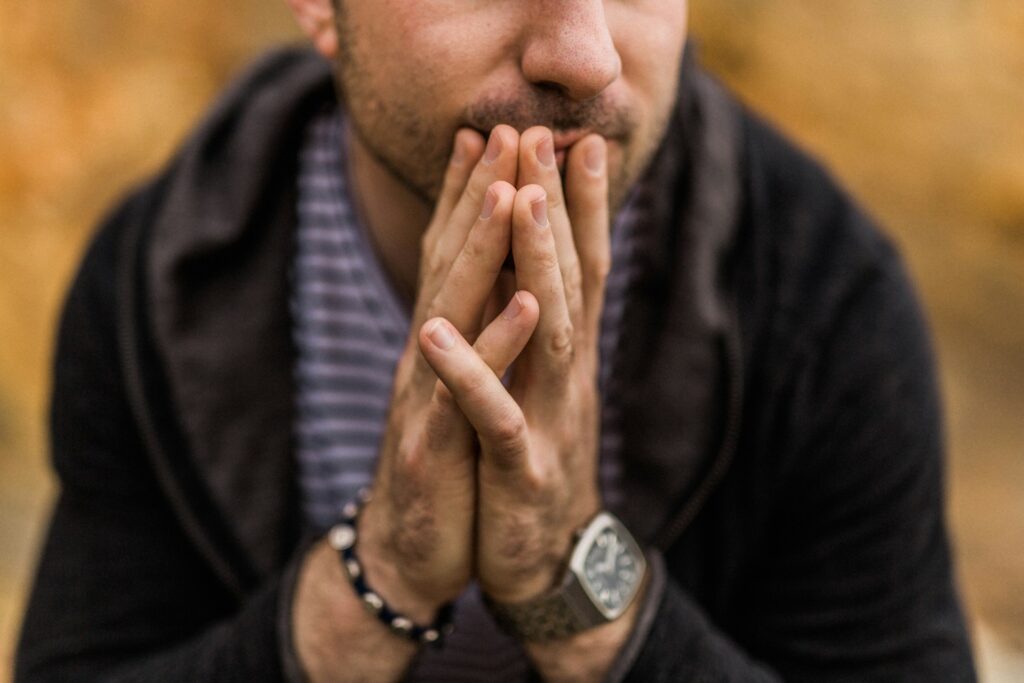
Forgiveness isn’t always easy, but religious teachings often push people to practise it toward other people and themselves. Understandably, holding onto anger or guilt for too long can really drag your mood down. Having a built-in reminder that people mess up, and that it’s okay to try again, helps ease some of the emotional weight we carry. It’s not about forgetting. It’s about not letting resentment eat you alive.
8. Big questions don’t feel as scary.

Questions like “Why are we here?” or “What happens when we die?” are massive and can be deeply unsettling without any sort of framework. Faith gives people a way to sit with those questions without spiralling. Even if the answers aren’t clear-cut, just having somewhere to start can make the unknowns feel less overwhelming. You’re not just floating; you’ve got something to hold onto.
9. They often have a trusted source of guidance.
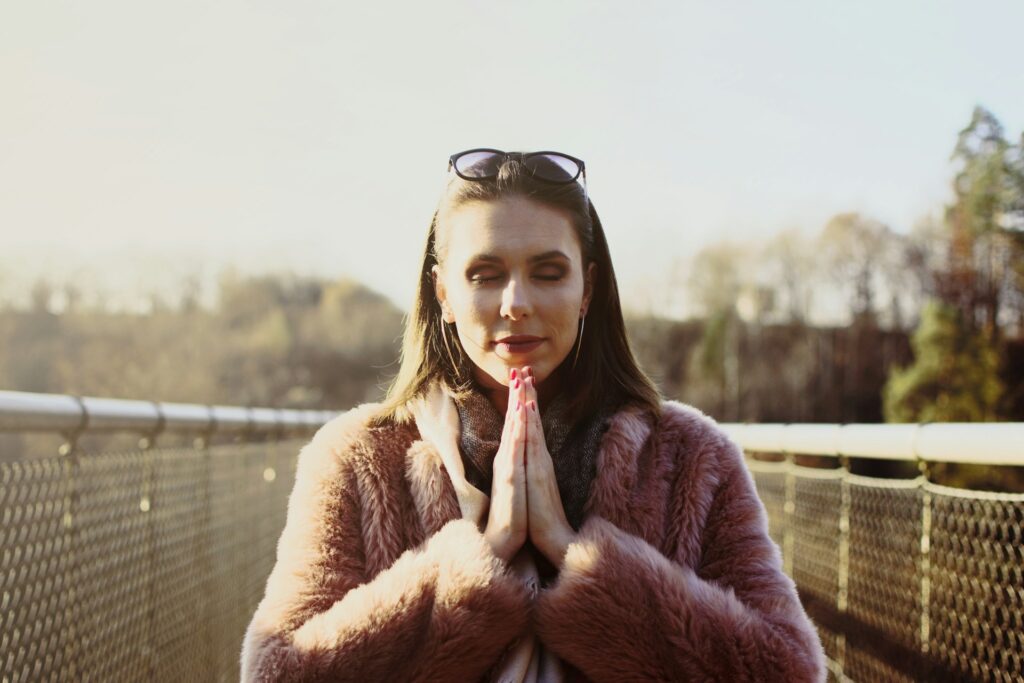
When life gets confusing, religious people can turn to scripture, spiritual leaders, or shared teachings for advice. It’s not that they always have easy answers, but they’ve got places to look for clarity. That can take some of the pressure off. You’re not just left guessing what’s right or wrong—you’ve got a starting point. In a chaotic world, that little bit of direction can feel comforting.
10. They’re often encouraged to help other people.

Most religions put strong emphasis on kindness, generosity, and caring for those in need. Being part of something that values service gives people a chance to step outside their own problems now and then. Helping other people isn’t just good for the world—it’s good for your mental health. Feeling useful, needed, and connected through acts of care is a quiet happiness booster that sticks.
11. Spiritual practices can lower stress.

Even just the physical act of praying, meditating, or attending a quiet service can lower heart rates and ease anxiety. These moments offer a kind of stillness that’s hard to find elsewhere. They create built-in pauses in the day that feel like emotional breathing room. For people with faith, these practices aren’t just rituals. They’re tiny windows of calm when everything else is noisy.
12. There’s a sense of continuity through generations.
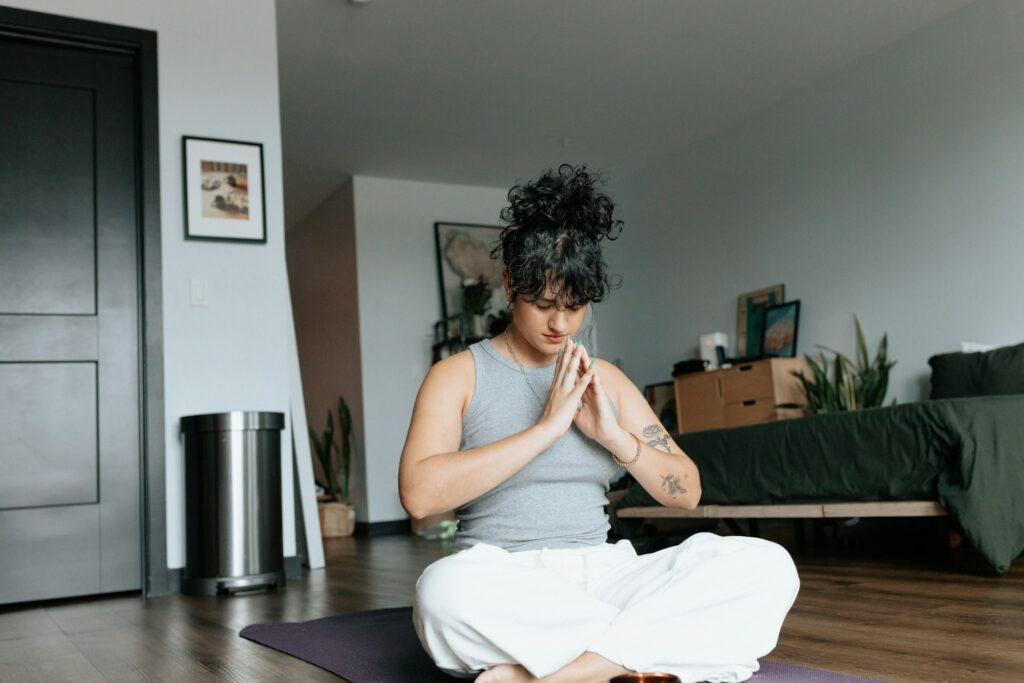
Faith traditions often stretch back generations, and being part of that can give people a sense of connection to something lasting. You’re not just living your own story—you’re part of a bigger one. That can help with identity, legacy, and even just the feeling that you’re not starting from scratch. There’s comfort in feeling like you belong to something that’s stood the test of time.
13. Regular connection keeps loneliness at bay.
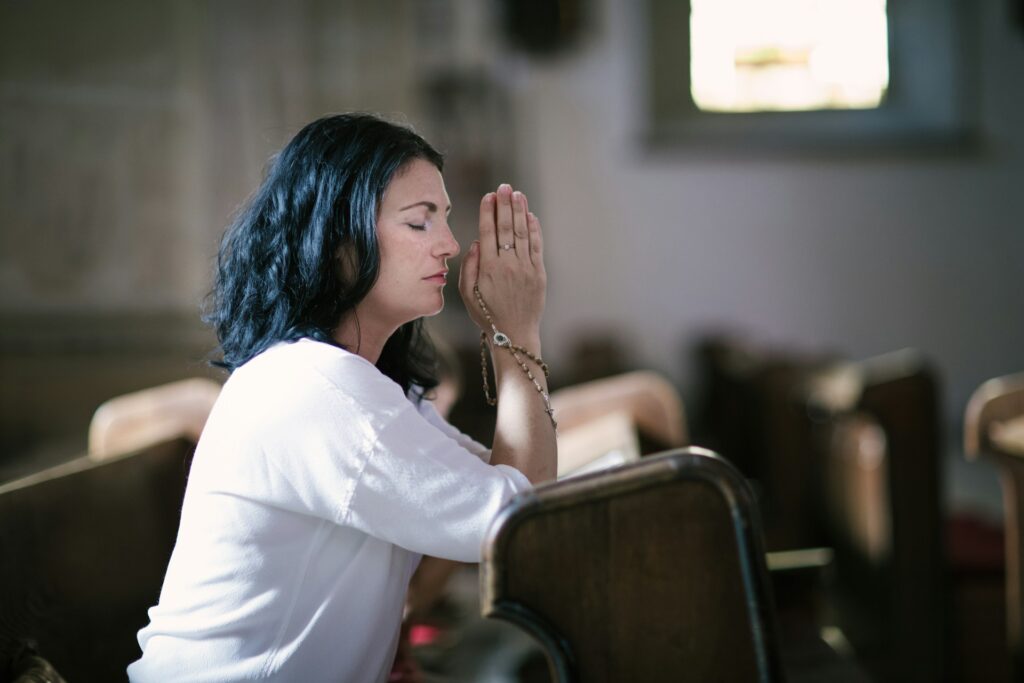
Having a faith community doesn’t automatically fix loneliness, but it gives people more touchpoints. Even if the friendships aren’t deep, being greeted, seen, and included regularly matters. Sometimes that simple, repeated contact—someone asking how you are, sharing a bench, knowing your name—can quietly fill up some of the emotional space that loneliness leaves behind.
14. Traditions give people something to look forward to.
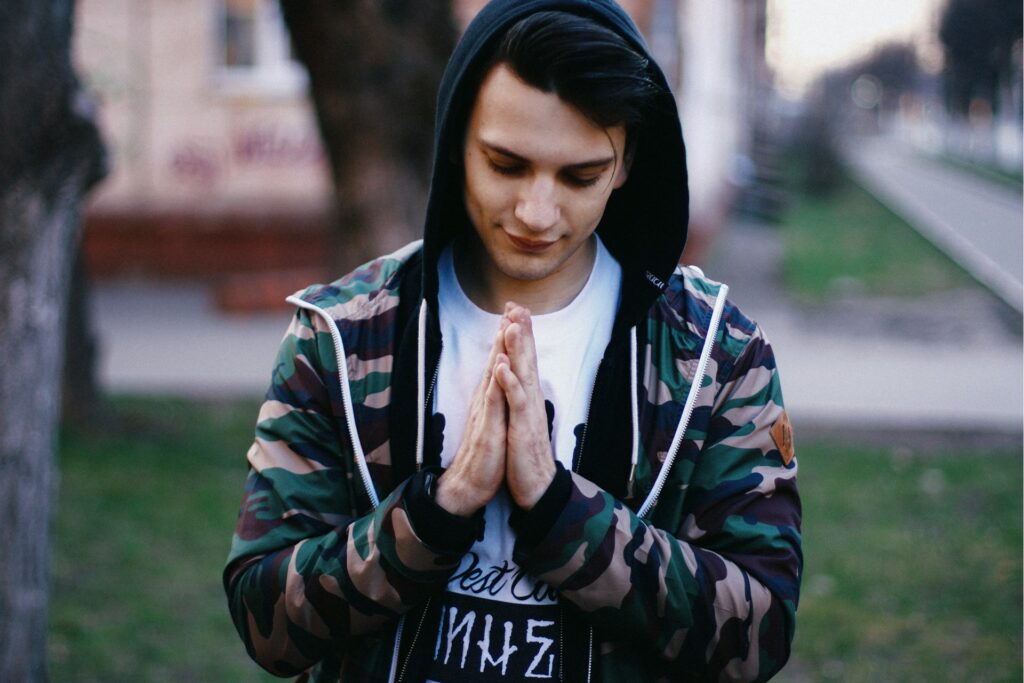
Religious holidays, gatherings, and annual traditions help mark time in meaningful ways. They give you events that anchor the year, even when everything else feels uncertain. There’s something nice about knowing a certain time of year will bring something familiar and comforting. These rhythms help make life feel a little more held, especially when everything else is unpredictable.
15. There’s often more acceptance of what can’t be controlled.
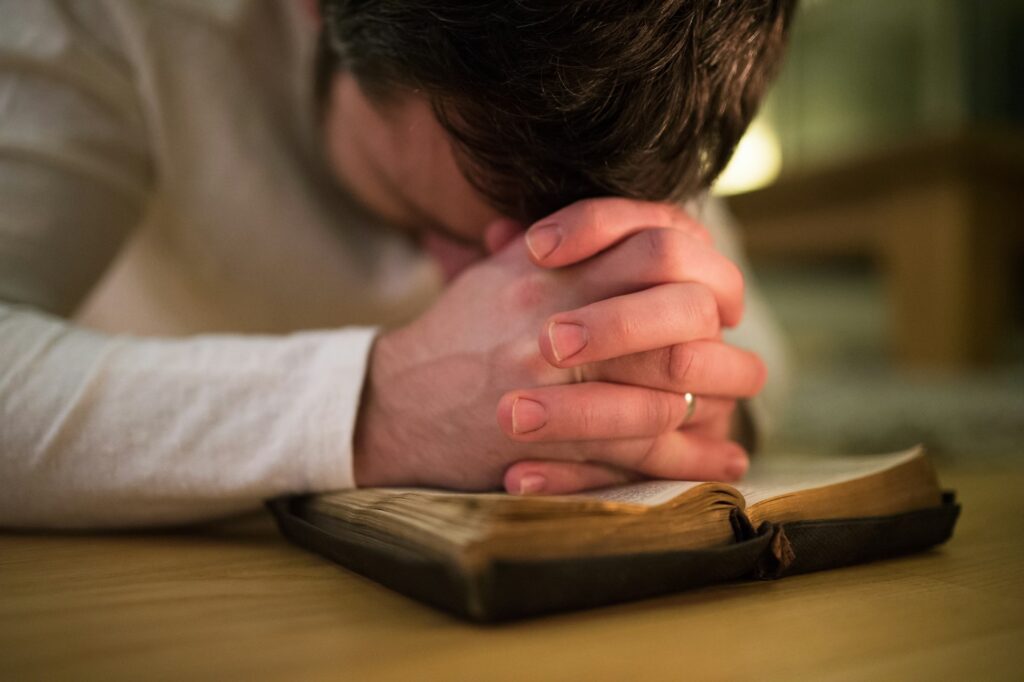
When people believe there’s a higher power, they’re sometimes more able to let go of what they can’t change. That doesn’t mean giving up; it just means not carrying everything alone. That mindset can lighten the emotional load. It’s not all on your shoulders, and that realisation, even if it’s subtle, can make hard seasons feel a little more survivable.
16. Faith gives people something to return to when everything else falls apart.

When life unravels, some people have a place they turn back to—a prayer, a verse, a space, a practice. Something that stays steady even when everything else doesn’t. For many religious people, that quiet foundation helps them feel less alone when things fall apart. It’s not about being unshakeable—it’s about having something solid to hold onto when you’re not sure what comes next.
